KATHMANDU: Maoist Center Supremo Pushpa Kamal Dahal “Prachanda” last week claimed in Sukhet that his party has long dominated Nepal’s politics.
Prachanda, in fact, was right to say so since he has succeeded to convince and cox Nepali Congress, the country’s oldest democratic political party, and intervene in the appointments of key posts in government organizations, constitutional bodies thus placing them under his political domain.
Though erratic, shrewd politician Prachanda took cautious moves to consolidate his power taking advantage of the incapable political leaders, governments, and increased abuse of power.
On the other hand, he understood that bureaucrats were obedient to those holding power for reasons of career advancement and their security.
Therefore, he was right to claim that his party’s agenda is still dominant in Nepali politics.
The question is why is it that a democratic party such as the Nepali Congress, and others that boast of a long history, come under the ambit of Prachanda (Maoist party) by deviating from the principles that they had articulated?
In fact, Prachanda used infiltration tactics to spread his party’s ideology to both the urban as well as rural populations.
However, Prachanda still claims that the Maoist Center is the nucleus while other parties, including the NC, are revolving around his party.
Moreover, he knew that political exclusion (currently with the CPN-UML) has been a persistent phenomenon in Nepal’s politics.
That’s why he succeeded in convincing NC President and Prime Minister Sher Bahadur Deuba to forge an electoral alliance in the local elections since he is well aware of the fact that the outcome of the election would be disastrous for his party if he were to contest individually.
Meanwhile, to recall, PM Deuba said in Janakpur on Friday that success would be achieved in the local elections only if his party forged an electoral alliance with the ruling partners, including the Maoist Center.
This means that his party Nepali Congress, too, has no strength to contest the elections alone.
Deuba inveigling said that the next government could be formed under the Nepali Congress if the Maoist Center and the Madhav Kumar Nepal-led Unified Socialist supported his party in the elections. What an irony for the country’s oldest democratic party!
Prachanda, meanwhile, knew how PM Deuba was fortunate enough to become the country’s prime minister for the fifth time because of him.
That’s why Prachanda likes him to be called a (Maoist) “supremo” because Nepal’s political parties, including the CPN-UML, have either unified with the Maoist or forged alliances at different times.
The electoral alliance of the Nepali Congress with the Maoist party in Chitwan in the previous local elections is one such example because NC President Deuba has time and again fallen prey to Prachanda’s maneuver because Deuba is still not “too old to be caught with chaff”.
Prachanda’s articulation of a vision of the country based on social justice, inclusion, democracy, and reforms is never-ending rhetoric despite the ideological contestation, internal divisions and political splits.
Therefore, he succeeds in “ambushing” (convincing) democratic leaders, including Deuba time and again with his lulling rhetoric.
But has the circumstances changed after Prachanda became overground after the decade-long insurgency?
Perhaps it is “yes” for some and “no” for many because his party has been widely criticized for corruption, intra-party purges, and a lavish lifestyle of Maoist leaders.
It may seem paradoxical since even the Maoist, a former rebel party, may not be different from other mainstream parties to balance the demands for recognition because the deeper roots of the decade-long conflict have not been passably addressed because Prachanda has done little to demolish the political bias.
After more than a decade of tasting the juicy fruits of power, the Maoist leadership has perhaps forgotten the (former) Maoist combatants (some in foreign employment and some others leading a pathetic life in the country).
However, Prachanda still claims that the Maoist Center is the nucleus while other parties, including the NC, are revolving around his party.
Some may ask why he claimed so. It’s due to the absence of coherent and visionary leadership, and lack of distinct ideology (because even the Nepali Congress could not retain its historical identity).
It may seem paradoxical since even the Maoist, a former rebel party, may not be different from other mainstream parties to balance the demands for recognition because the deeper roots of the decade-long conflict have not been passably addressed because Prachanda has done little to demolish the political bias.
Moreover, he has welcomed a significant number of “outsiders” in the party leading to increased tensions with the “insiders”, who had sacrificed for the sake of the party but did not receive any state positions or facilities that they were assured.
Therefore, when everything moved according to his desire, it’s not unusual for Prachanda to claim that he was in a decisive position and role in framing national politics.


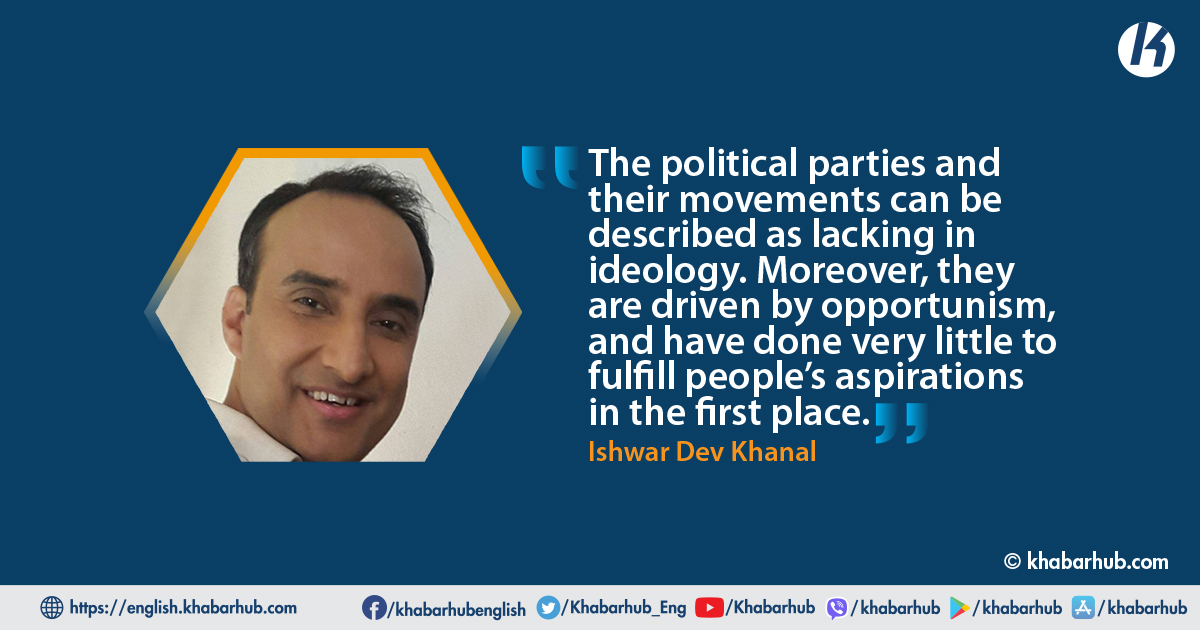
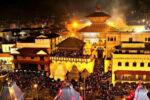
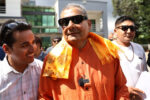
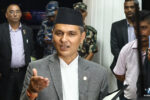

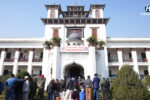

Comment